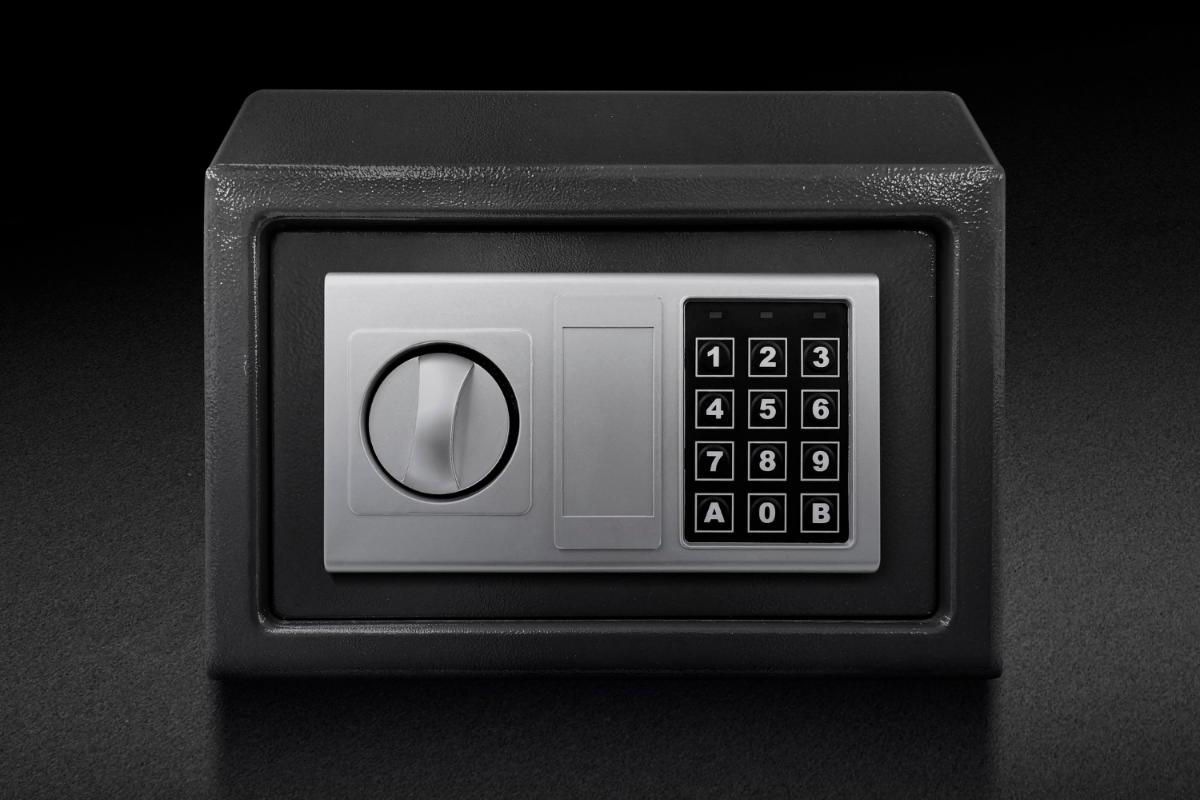
You'd assume it to be a no-brainer. Purchase a large, hefty metal box with a refined lock, insert valuables, and sleep comfortably knowing your jewelry, money, and essential documents are protected. But hold on just a minute. It's a little more complex than that. For instance, you might believe that residential safes replace the need for bank safety deposit boxes. But, unfortunately, that is not the case. While you can keep many items in either location, some things are better stored in your home safe, while others are safer kept in your bank.
According to our expert on safe opening in Orlando, here are the most crucial things you need to learn about home safes: what to anticipate from them and what not to anticipate from them. This is in no way an exhaustive list. There is much more to learn about home safes, but it is an excellent place to begin.
Authentic copies of wills and trusts are samples of things to keep in a residential safe rather than a bank vault. Keeping these records in a bank lockbox can provoke legal issues when you perish. When the bank learns about your death, they might be mandated to seal your lockbox. At that juncture, it may be impossible for the administrator of your estate to access the records until a court designates its own administrator. So, keep your wills and trusts in a residential safe, and ensure your executor has access to them.
Samples of other things you should store in a home safe include papers you may want access to when your bank is closed. Visas, social security cards, and medical powers of attorney are useful examples.
Professionals claim that you should not place cash, valuable jewelry, or anything a burglar will desire in a residential safe. They are just not excellent protection from burglars. Even a hefty safe bolted to the floor cannot ensure that a persistent burglar will not employ simple tools to break into it or drag it away. He may even locate those tools in your shed or garage. And, the bigger and weightier the safe, the more possible a thief will think that a big payday is lingering inside. In addition, anything that you cannot replace should not be kept in a residential safe.
Many safes are more suitable for fending off physical endeavors to break into them than other safes. There is also a rating system for this, though it is more typical on commercial safes than residential safes. For instance, a safe that has a TL-15 rating can handle at least 15 minutes of constant assault with standard household tools. A TL-30 rating can resist the same assault for at least half an hour, and so on. For extra security, bolt your residential safe to your floor so burglars cannot readily remove it from your house. Remember, even a safe fixed to your floor can be removed.
If you misplace the key to your residential safe, forget your combination, or your lock fails, call a locksmith for safe opening in Orlando. These experts are specially qualified to deal with these circumstances and can often get into your safe without harming it or its contents. Contact us today for more details.